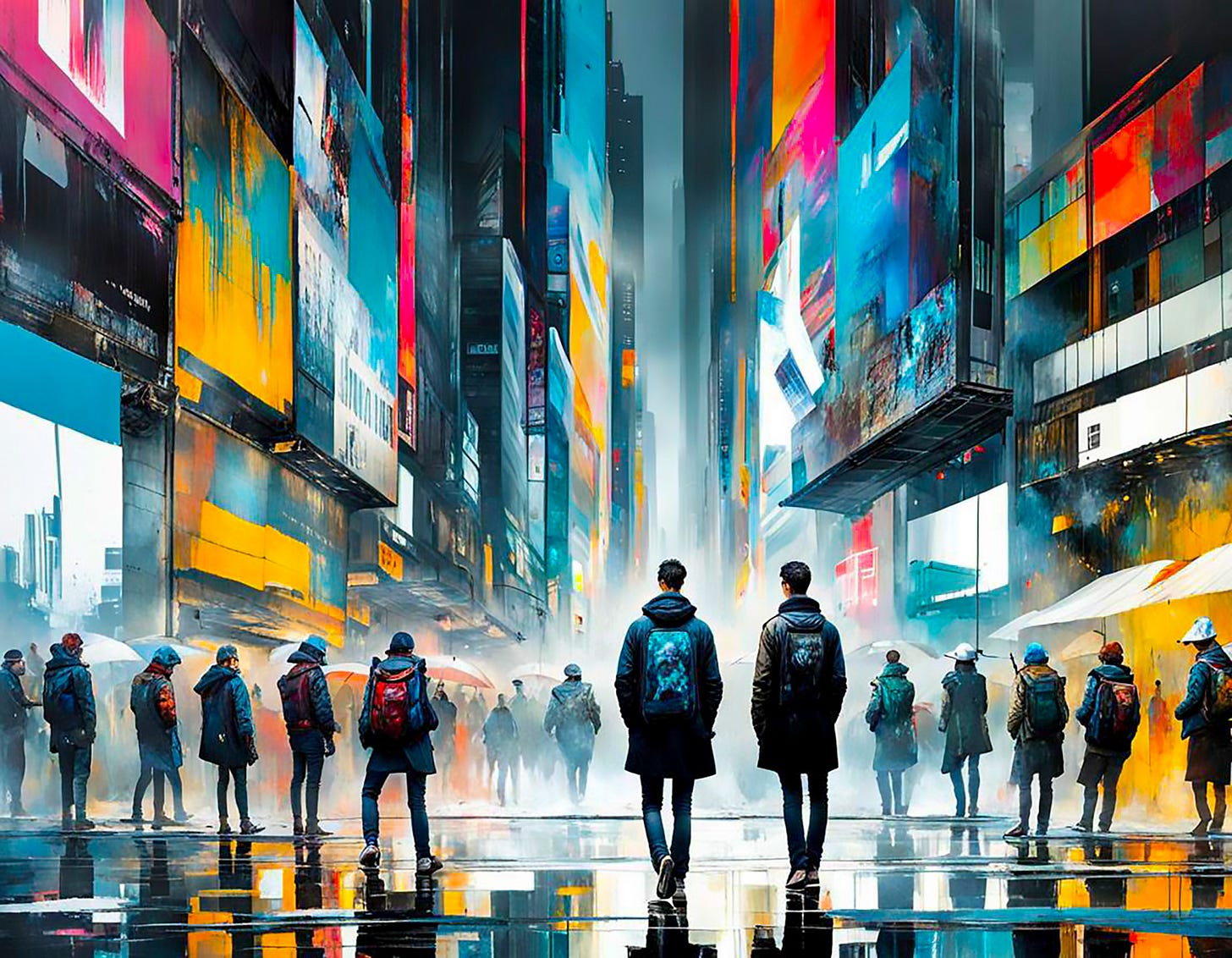
I recently started reading Ray Kurzweill's new book The Singularity is Nearer: When We Merge with AI. Kurzweil is a computer scientist who has written numerous books on AI, including The Singularity is Near, the predecessor to his latest work.
'The singularity' is an event that Kurzweil believes technological development is guiding our…


